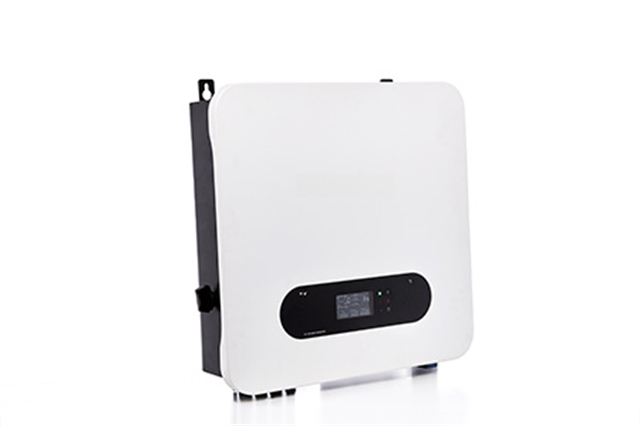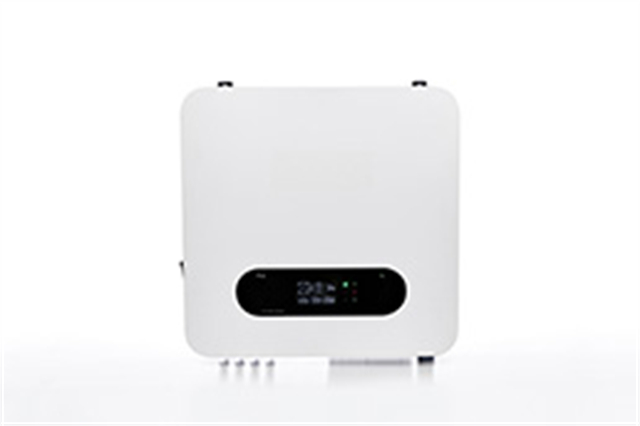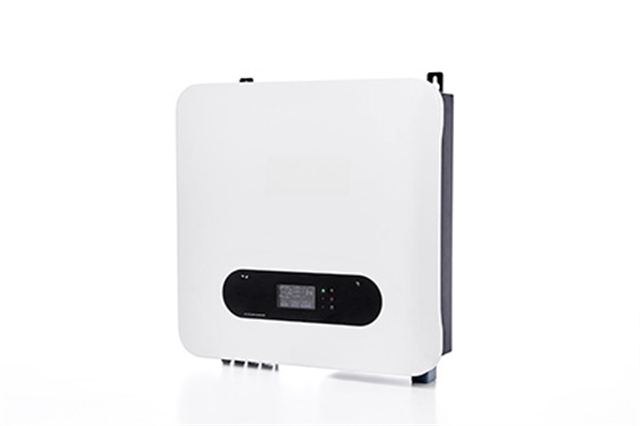Author:BLD Solar Energy SystemFROM:Solar System Converter Manufacturer TIME:2023-10-07
Choosing the right luminous on-grid inverter is crucial for ensuring efficient and reliable solar power generation. With the increasing popularity of solar energy, there are numerous options available in the market. To help you make an informed decision, this article will guide you through the process of selecting the best luminous on-grid inverter for your needs.

The first step in choosing a luminous on-grid inverter is to assess your power requirements. Calculate the total energy consumption of your household or facility, and determine the peak load that the inverter will need to handle. This will help you choose an inverter with the appropriate capacity to meet your power needs.

Efficiency is a crucial factor when selecting a luminous on-grid inverter. Higher efficiency means more electricity will be converted from the solar panels to usable AC power, resulting in lower energy losses. Look for inverters with high efficiency ratings to maximize the return on your investment and reduce your electricity bills.

Investing in a high-quality and reliable inverter is essential for long-term performance. Look for inverters from reputable manufacturers with a proven track record in the industry. Read customer reviews and check for certifications to ensure that the inverter meets safety and quality standards.
Ensure that the luminous on-grid inverter you choose is compatible with the solar panels you plan to install. Consider factors such as voltage range, array size, and panel type. Compatibility between the inverter and panels is crucial for optimal system performance and efficiency.
Look for inverters that offer comprehensive monitoring and control features. These features allow you to track the performance of your solar system, monitor energy production, and identify any issues or faults. Some inverters even have smartphone apps or online portals for convenient monitoring.
Consider the warranty and after-sales support provided by the inverter manufacturer. A longer warranty period indicates the manufacturer's confidence in the product's reliability. Additionally, ensure that the manufacturer provides prompt and responsive customer support to address any issues or concerns you may have.
Set a budget for your luminous on-grid inverter and compare prices from different manufacturers. While it's important to find an affordable option, be cautious of extremely low-priced inverters, as they may compromise on quality and performance. Find a balance between cost-effectiveness and quality.
If you're unsure about which inverter to choose or need assistance in sizing and designing your solar system, seek professional advice. Consult with a reputable solar installer or a knowledgeable expert who can assess your specific requirements and recommend the most suitable luminous on-grid inverter for your needs.
Choosing the right luminous on-grid inverter is critical for maximizing the performance and efficiency of your solar power system. Consider factors such as power requirements, efficiency, quality, compatibility, monitoring features, warranty, price, and seek professional advice when necessary. By making a well-informed decision, you can enjoy the benefits of clean and reliable solar power for years to come.
